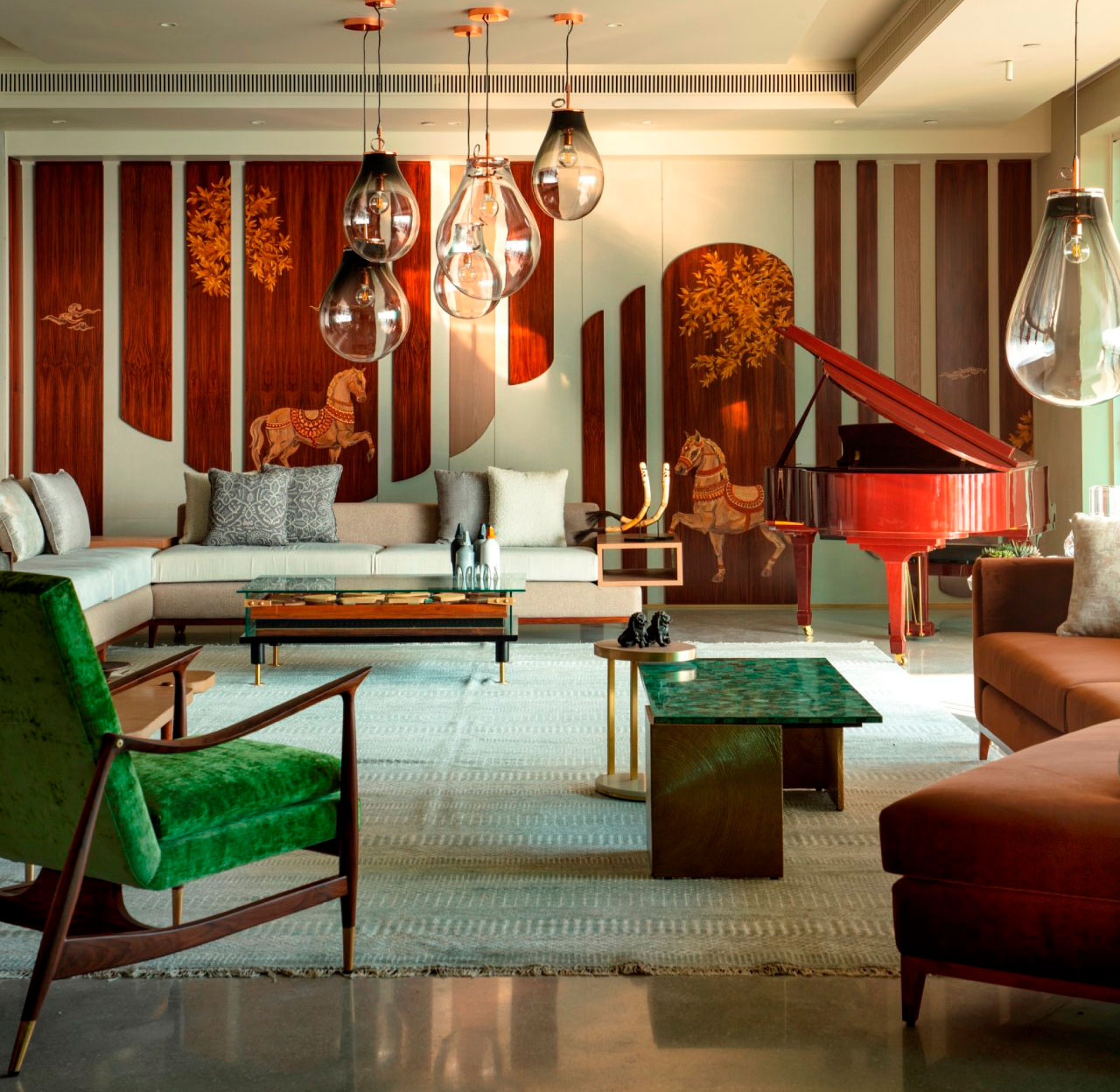Joya Nandurdikar has plenty in her home country to inspire her, especially the objects and forgotten techniques that are centuries old. She believes that design is not only a form of expression, but also a tool for cultural preservation that she utilizes in her own practice. “There’s a vast and diverse landscape of materials, skills, and stories across India, and the possibilities feel endless,” Nandurdikar says. “Reimagining these crafts in a contemporary setting isn’t just creatively fulfilling, it’s a way to reintroduce and reinterpret them for a wider audience.”
In 2001, Nandurdikar and Amrita Guha founded New Delhi-based firm Untitled Design, with an emphasis on responsible luxury. With a tailored approach for each project, Nandurdikar encourages a dynamic exchange between her team and artisans to create interiors that blend elements of traditional and modern.
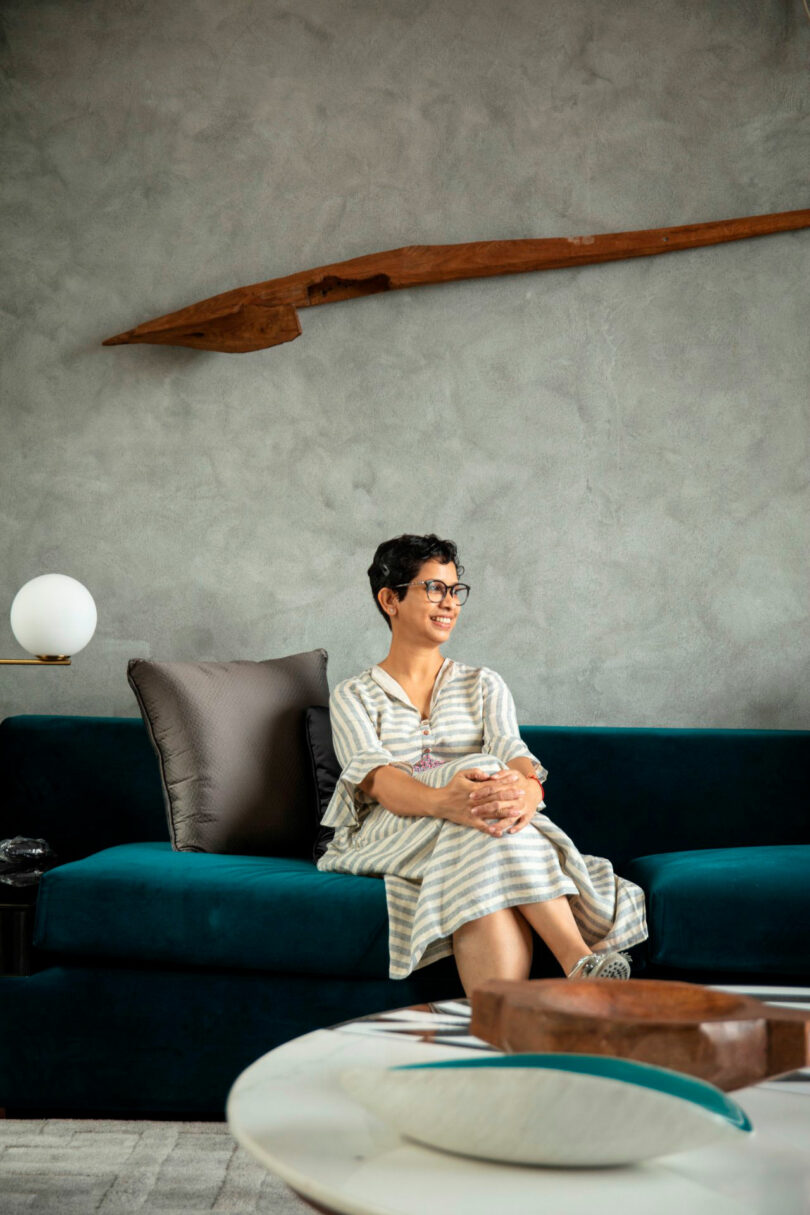
Joya Nandurdikar
The partners decided to bring the same ethos to the product realm, and so they launched Furgonomics in 2022, a line of furnishings. The duo works with artists to offer bespoke pieces made of marble, wood, and stone inlays. Collaboration is at the heart of Nandurdikar’s creative process, and she finds magic in the scribbles made or laughter shared over a cup of tea.
It is in these moments of collective energy that some of Nandurdikar’s most unexpected – and meaningful – ideas come to life. Yet the designer also appreciates the stillness of her personal space, where she can ground and embrace what she calls “quiet joy.”
Someday Nandurdikar would like to explore curation. She is especially interested in the dialogue between histories and contemporary issues. “It’s a field that excites me for its potential to expose me to a rich tapestry of thoughts and imaginative minds,” she notes. “The idea of shaping narratives through art, and sparking emotion or reflection in a viewer, feels incredibly powerful to me.”
Today, Joya Nandurdikar joins us for Friday Five!
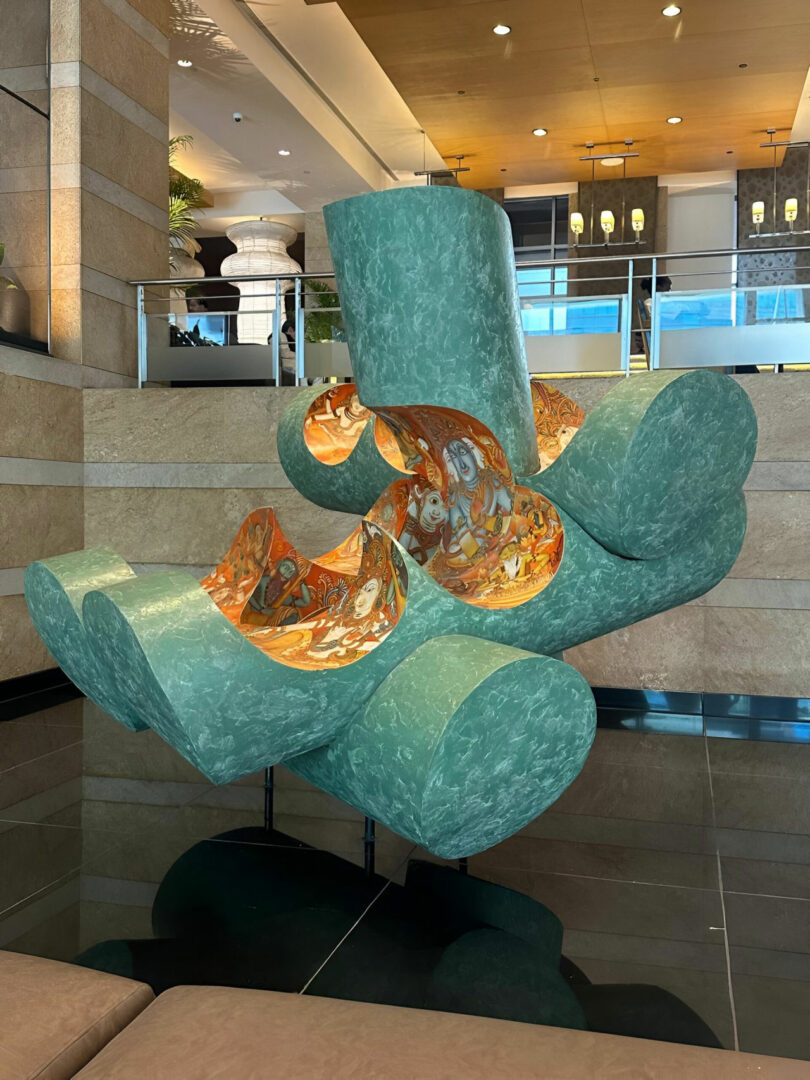
1. Art Installation
There’s something deeply compelling about how the traditional narratives and motifs are reimagined through a contemporary sculptural language. This installation is a perfect blend of modern sculpture and Mural art, a painted craft form from Kerala. The materiality is a combination of patinated brass with painted figures.
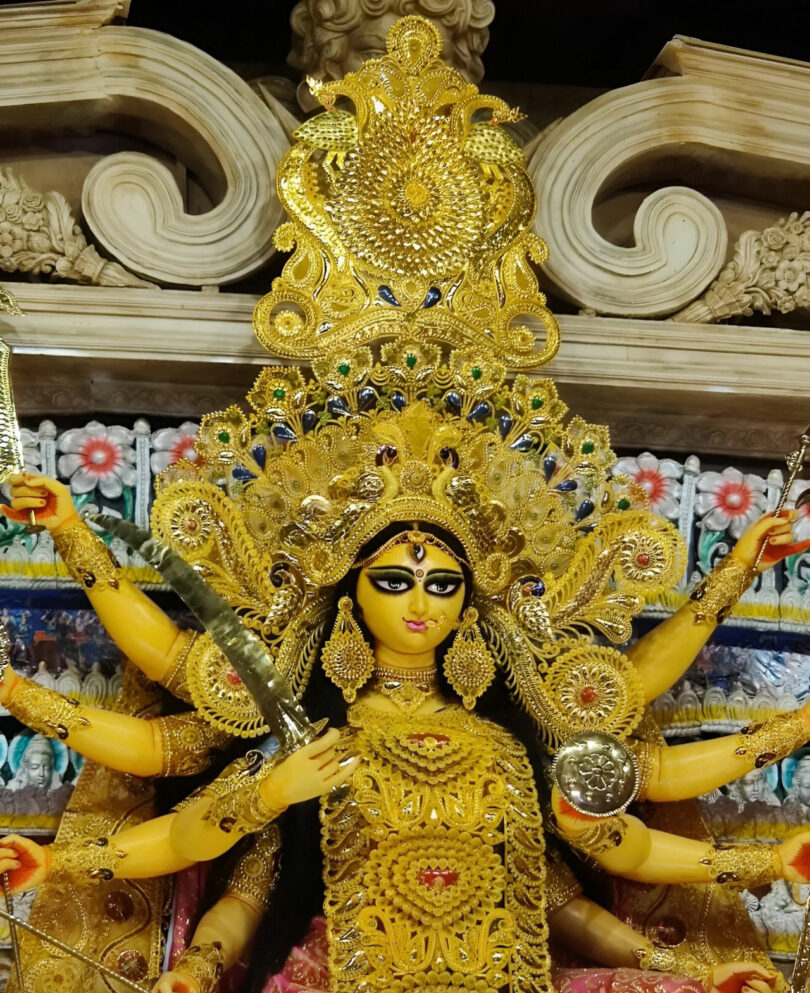
2. Goddess
The idol of a goddess I deeply admire, and that profoundly reflects who I am and what I am capable of. Bestowed with the name of a goddess, I walk in her essence. Her power stirs my soul and is the force behind all I create. She rises, gilded in fire and gold. She is both the prayer and the war cry, the celebration and the conquest.
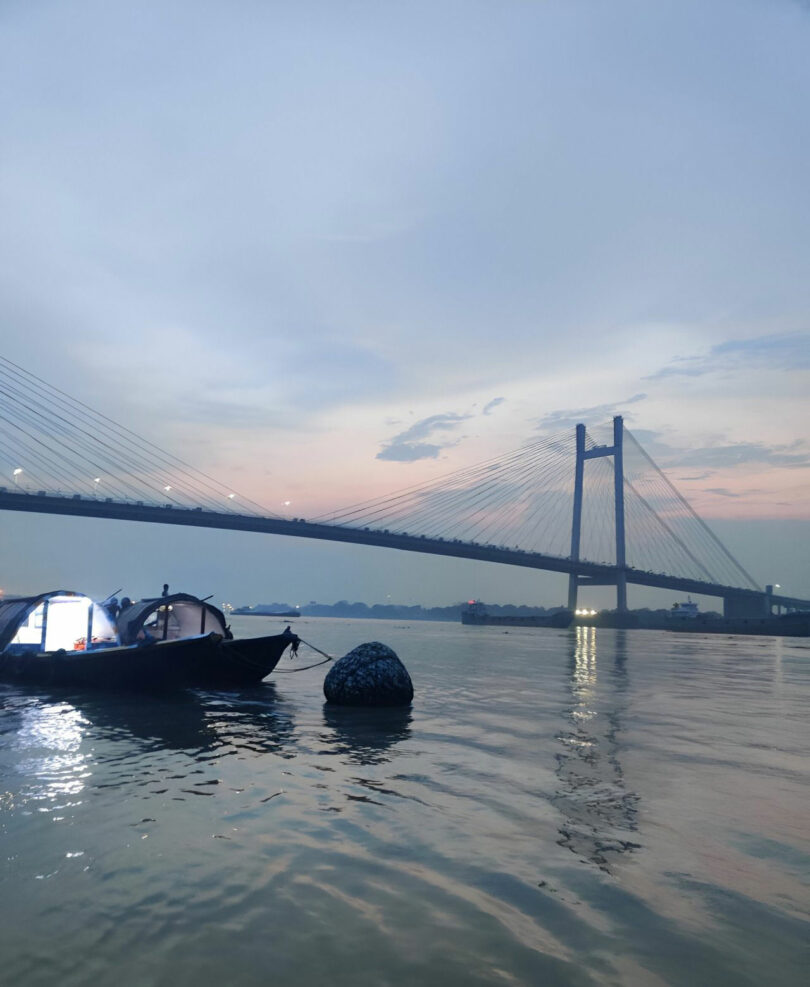
3. On the Water
I wish all my evenings could be like the one spent on a boat, gently sailing through the sacred waters of the Ganga. The soft ripple of the river beneath me and the golden hues of dusk reflecting off its surface feed my soul and calm my mind in ways few things can.
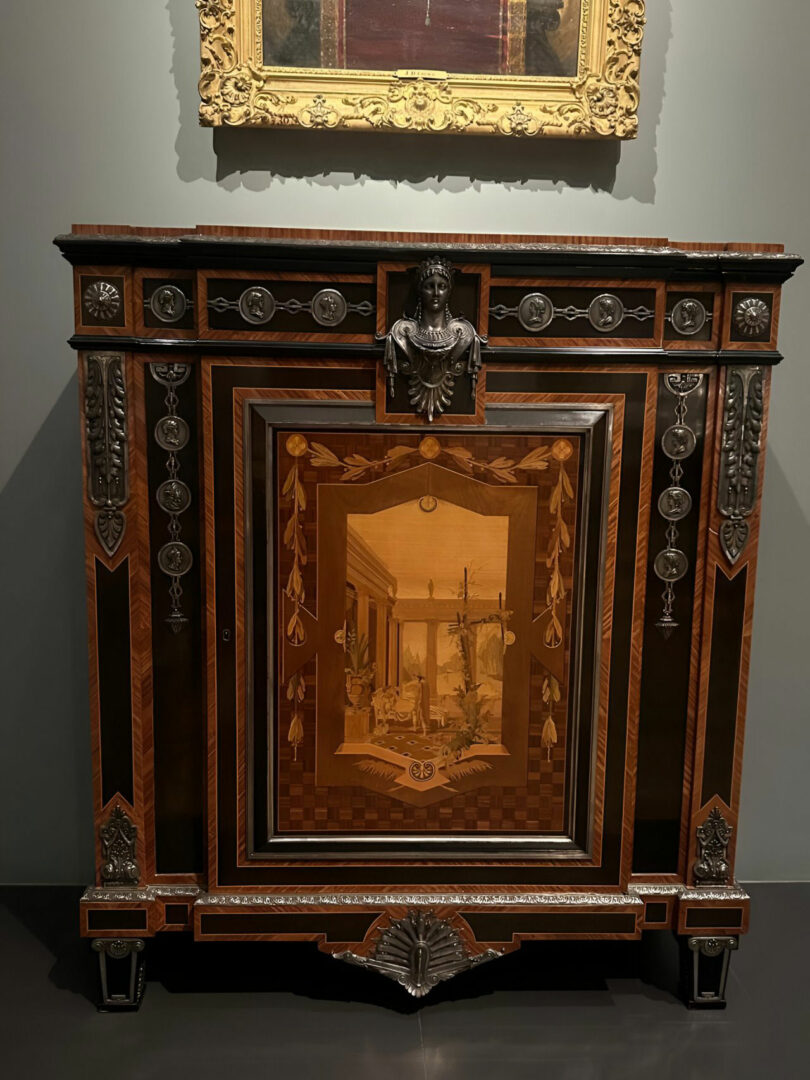
4. 19th-Century Cabinet
I fell in love with this fabulous piece of furniture during my visit to the Rijksmuseum. An exquisite creation dating back to 1867 was impeccably designed and crafted for Charles Guillaume Diehl. Its intricate detailing, refined proportions, and sheer elegance capture the essence of 19th-century craftsmanship with timeless allure.
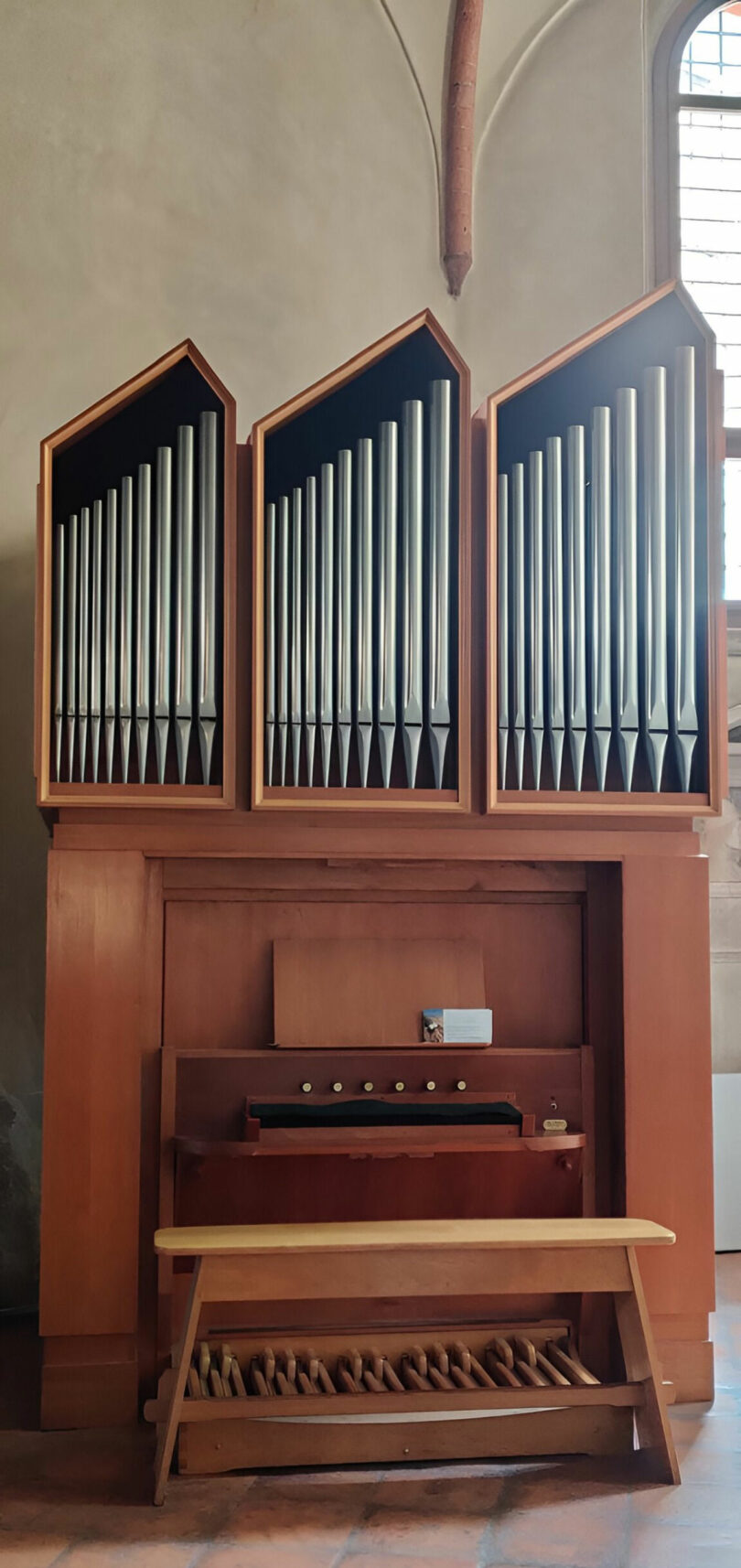
5. Pipe Organ
During my visit to a chapel in Milan, I discovered a majestic pipe organ that instantly stirred a sense of nostalgia, reminding me of the harmonium I once learned to play and the piano my daughter now plays. The organ, with its towering presence and resonant depth, has been widely used in classical music from the Renaissance to today.
Works by Joya Nandurdikar and Untitled Design:
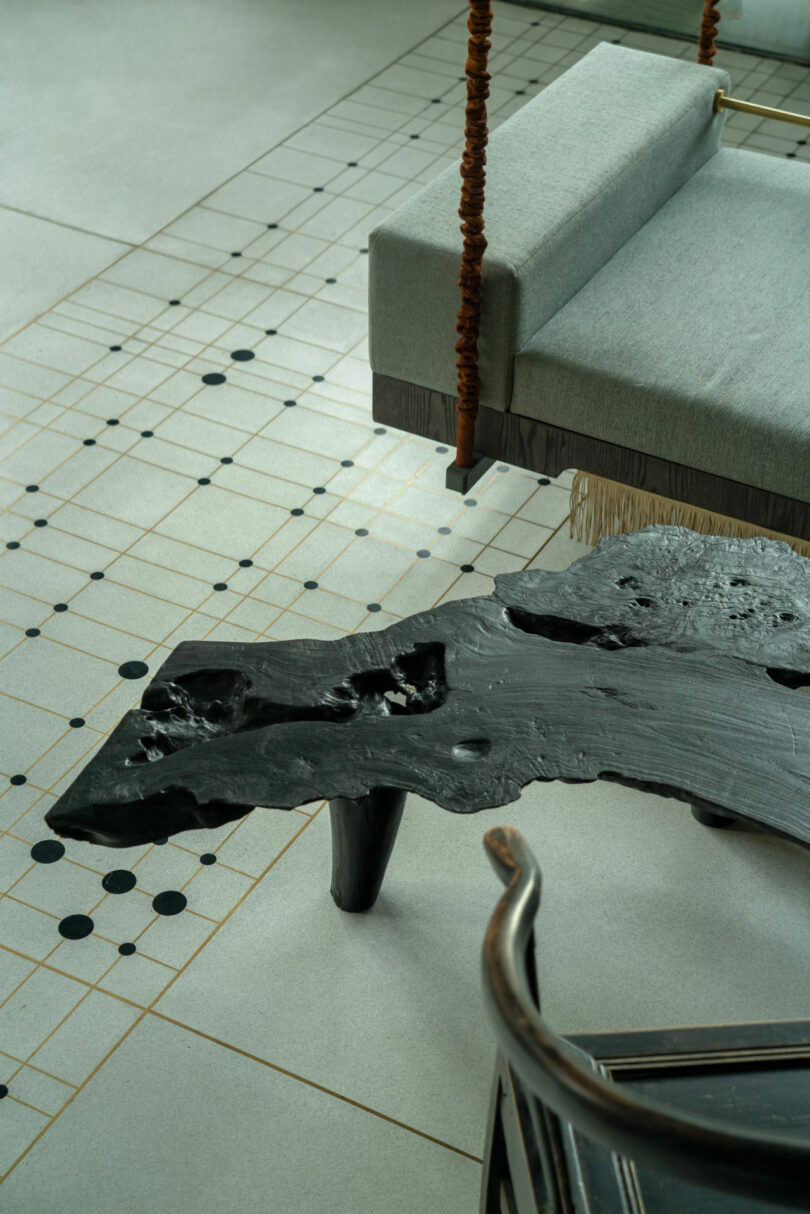
Photo: Avesh Gaur
Anugraha
The flooring of Anugraha, a residential project in South Delhi, is adorned by diligent terrazzo detail with a composition of stone and brass, in cast in-situ. Exquisite craftsmanship is celebrated in this detail, where each meticulously placed fragment forms a harmonious blend of textures, colors and materials, creating a bold statement that defines spatial narratives.
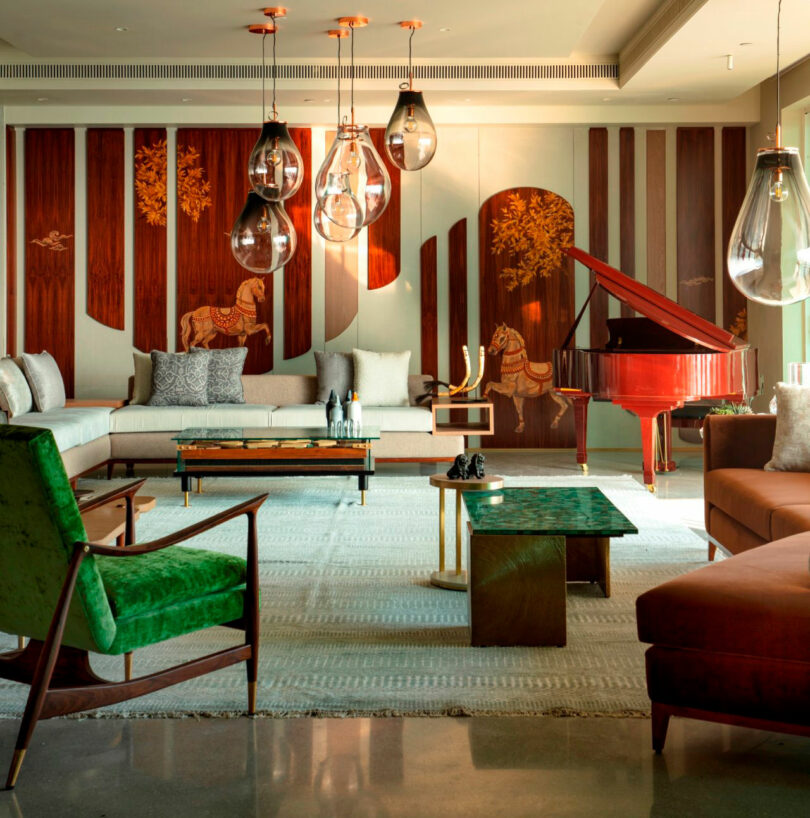
Photo: Untitled Design
Katha Tarana
The main 40-foot wall in the lounge of the residence Katha Tarana is enlivened by a wooden marquetry mural from Mysore featuring the storyline of Ashwakatha as an auspicious symbol, fitted in traditional regalia and resembling a jigsaw puzzle. The coffee table by Furgonomics, named Elemental Alchemy, a work of art, is also featured at the centre of the space, celebrating the chiseled curve of the edges, incorporating sandblasted wooden pieces combined with jade, ceramic, & Indian sandblasted sandstone. The two pieces of art resemble jigsaw puzzles, joined together with an artful interplay of elements.
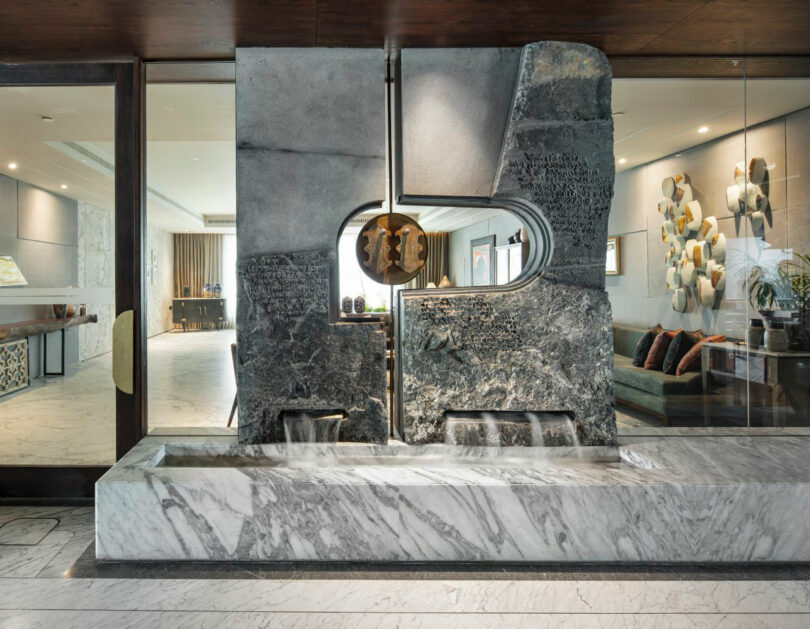
Photo: Nivedita Gupta
Abha
At the heart of the entrance lobby of Abha is a mesmerizing water feature, designed to embody generosity and spiritual abundance. Monumental stone slabs form its foundation, elegantly adorned with brass and silver Khadau, blessed by Guruji. Each element is intricately inscribed with sacred Pali script, its words flowing with timeless wisdom.
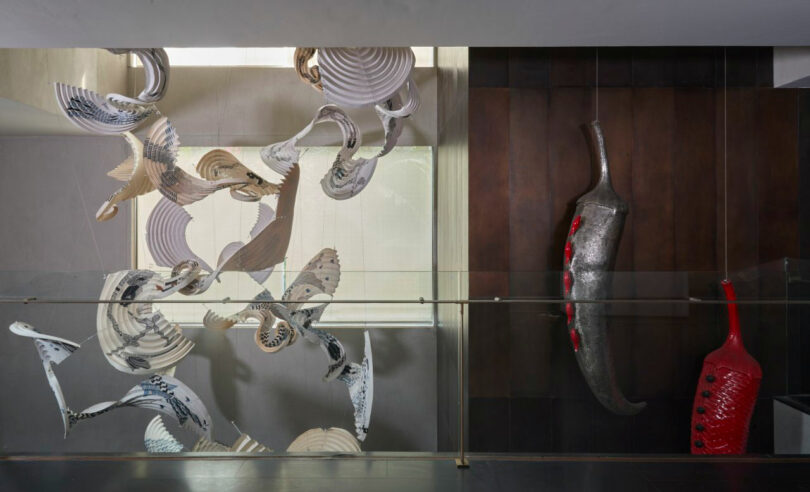
Photo: Ashish Sahi
Urban Hearth
The frame is set as a paradox, featuring an origami light installation by Ankon Mitra and a Chilly sculpture by Subodh Kerkar. These two installations create a striking contrast in both color and emotion – one exuding a spicy allure, the other as light as a feather.
The installation features Gond art by the nationally acclaimed and award-winning artist Venkat Shyam, presented as part of the Craft Clusters initiative by Furgonomics – a program dedicated to contemporising traditional crafts. Each piece contributes to the ambience with depth and intrigue, inviting exploration and contemplation.
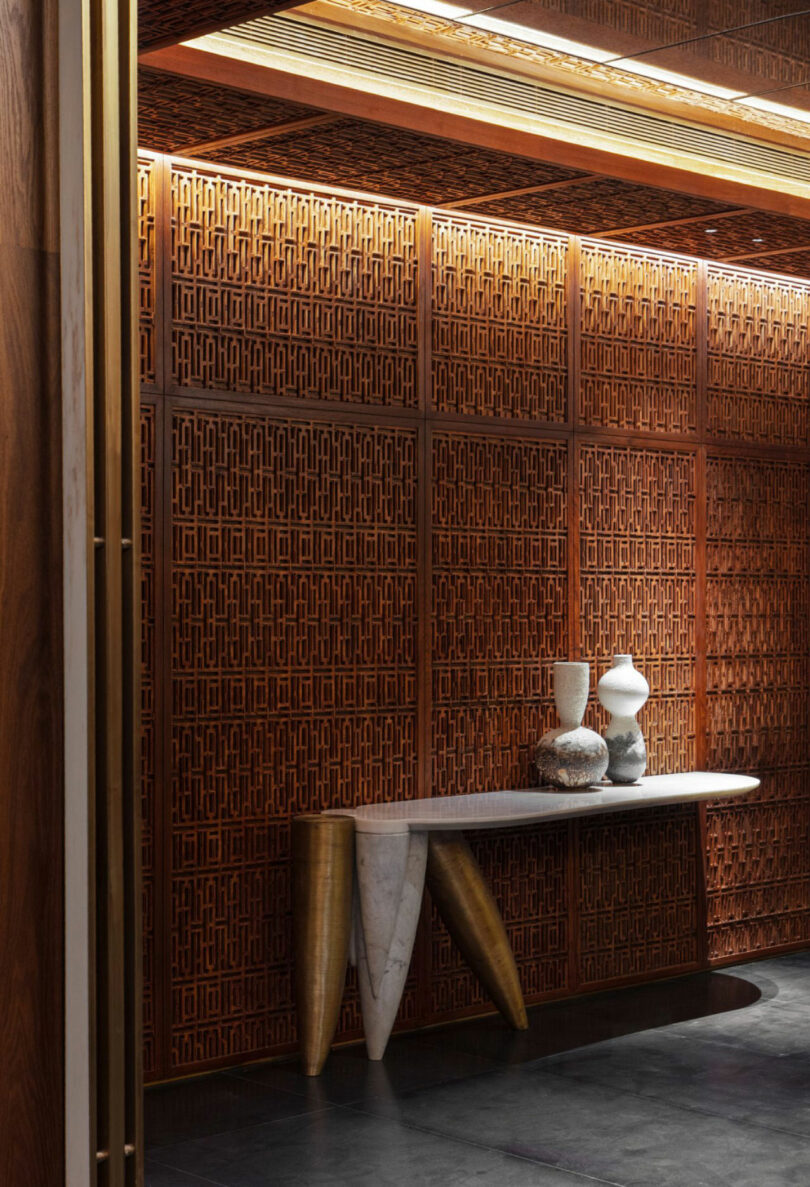
Photo: Nivedita Gupta
Pravaah
Despite the limited natural light, Kashmiri pinjrakari latticework transforms the basement dining room of Pravaah, a residential project in New Delhi, into a jewel-box ambience. The intricate woodwork filters the limited light, casting a warm glow throughout the room.
Adorning the dining room is the Kriya Console by Furgonomics, crafted with a striking combination of Dokra technique and monolith materials, representing the delicate process of development and transformation. The tactile quality of the ledge, reminiscent of a wisp of smoke or a gentle breeze, evokes a sense of ethereality, serving as a functional element but also as a sculptural statement.

